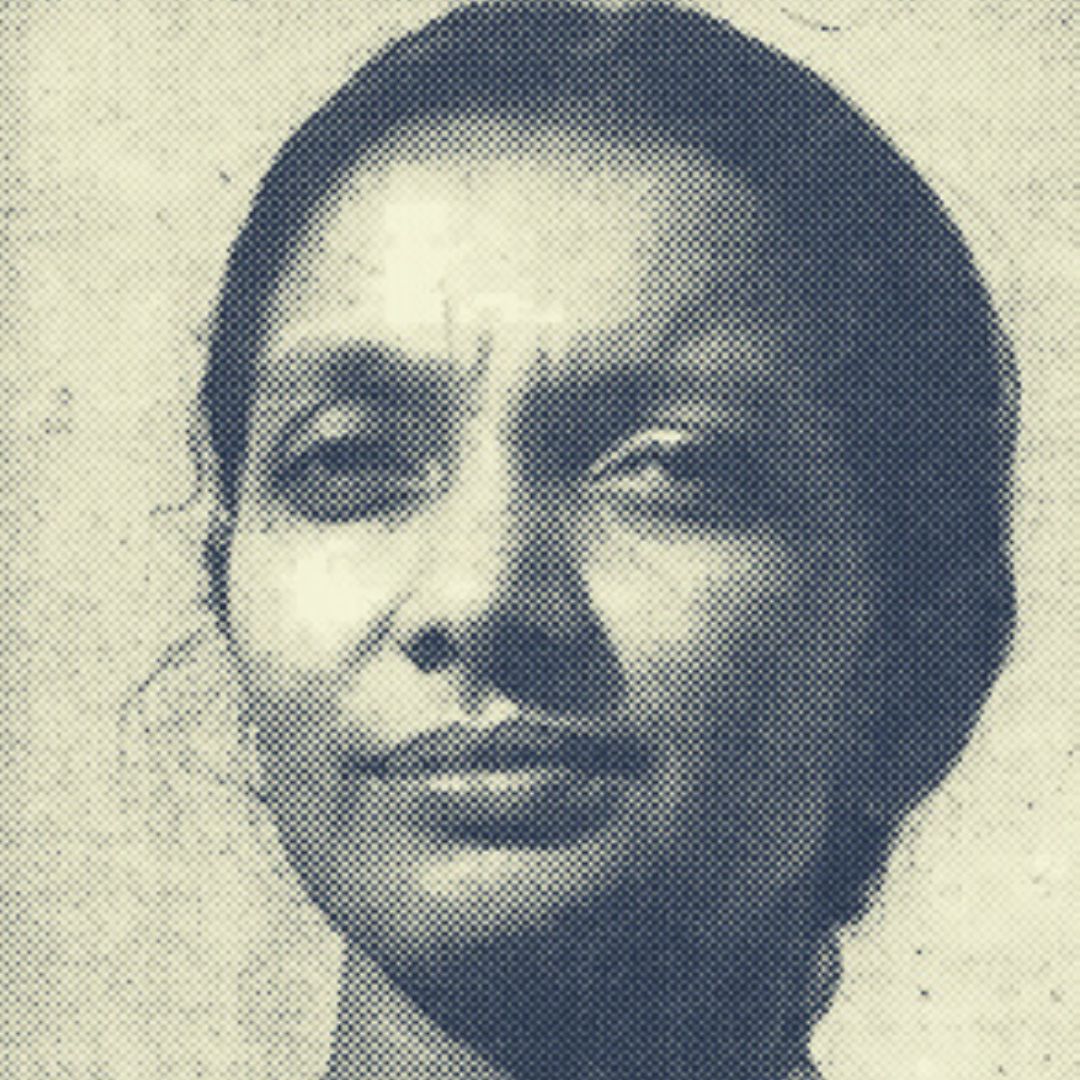
Image Credits: Wikimedia
Indian Women In History: Meet Kalpana Dutta, Revolutionary Freedom Fighter Who Fought Against Britishers In Guise Of Boy
Writer: Tashafi Nazir
For most people, journalism sounds hectic and chaotic. For her, it's a passion she has been chasing for years. With an extensive media background, Tashafi believes in putting efforts on presenting a simple incident in the most interesting way.
India, 27 July 2022 7:29 AM GMT
Editor : Ankita Singh |
A literature lover who likes delving deeper into a wide range of societal issues and expresses her opinions about the same. Keeps looking for best-read recommendations while enjoying her coffee and tea.
Creatives : Tashafi Nazir
For most people, journalism sounds hectic and chaotic. For her, it's a passion she has been chasing for years. With an extensive media background, Tashafi believes in putting efforts on presenting a simple incident in the most interesting way.
Kalpana Dutta used to supply ammunition to the freedom fighters in disguise, apart from being trained to use guns and knew how to make cartridges. She used to go from one place to another in the guise of a boy to meet revolutionaries.
The contribution of Kalpana Dutta, who fought side by side with the revolutionaries of Bengal to liberate the country from the British, can never be forgotten. She used to supply ammunition to the freedom fighters in disguise, apart from being trained to use guns and knew how to make cartridges. Not only this, she used to go from one place to another in the guise of a boy to meet revolutionaries.
Born on July 27, 1913 in Sreepur's village in Chittagong, East Bengal (now Bangladesh), Kalpana Dutta was fond of listening to adventurous stories since childhood. While studying in high school, she read many biographies and stories of freedom fighters, which had a tremendous effect on her psyche. While in college, she met revolutionary women like Bina Das and Pritilata Waddedar. She also met Surya Sen, popularly known as 'Master Da' and joined his organisation, the Indian Republic Army.
Sent To Prison; Released Later
After becoming a part of the campaign against Britishers, her party looted the Chittagong Armory in 1930, following which she came to the notice of the British. Under these circumstances, she had to give up her studies, but she remained in touch with Surya Sen.
On September 19, 1931, Surya Sen, along with Pritilata Waddedar, assigned her the task of attacking a European club in Chittagong. However, she was captured by the British troops while monitoring the area before the attack, but was released on bail after the charges were not proved. After the incident, she went underground for two years with Surya Sen and continued her movement.
On February 16, 1933, the police raided her hiding place. Surya Sen was caught while Kalpana managed to escape by firing on the British Army. Following this, they pursued her and she was finally arrested on May 19, 1933. The trial of the Chittagong Armory robbery case was resumed again, in which Surya Sen was sentenced to death while Kalpana was given life imprisonment.
Named As 'Veer Mahila'
However, after much effort by Mahatma Gandhi and Rabindranath Tagore, Dutta was released from jail in 1939. After her release from prison, she completed her studies and graduated from Calcutta University in 1940.
In 1979, she was given the title of 'Veer Mahila'. She wrote her autobiography in Bengali, translated into English as 'Chittagong Armory Raiders: Reminiscence'. The revolutionary woman, who fought the British with fearlessness and courage, passed away on February 8, 1995.
 All section
All section














